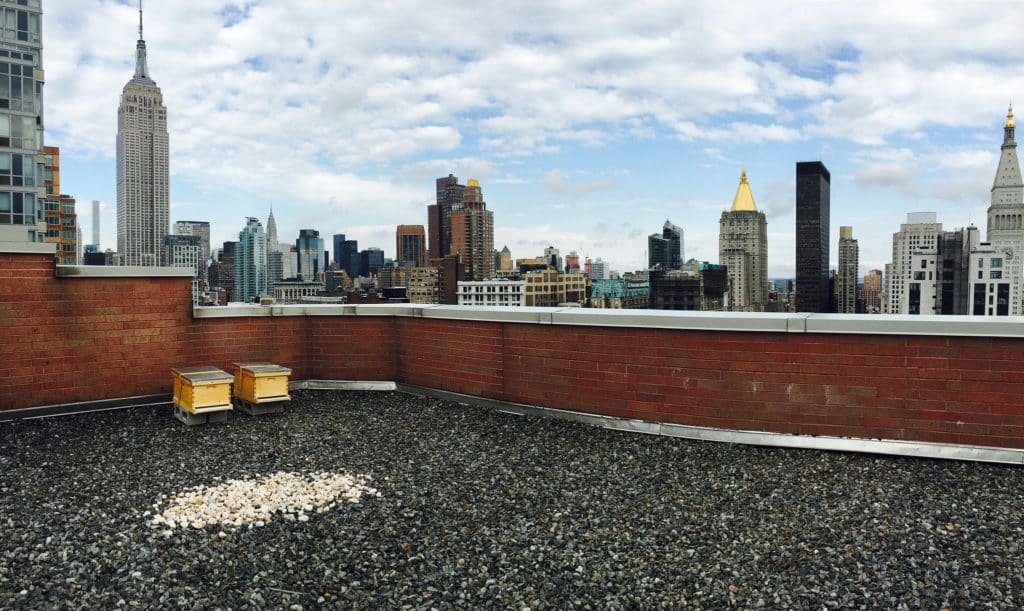Before we know it, winter will be over, bees will waken and the natural cycle of pollination and fruition will begin again. With change in the air, people are receptive to new ideas, especially those that favor the environment. Here are five, fun, low-cost ways that bees will connect your sustainability programs to local communities.
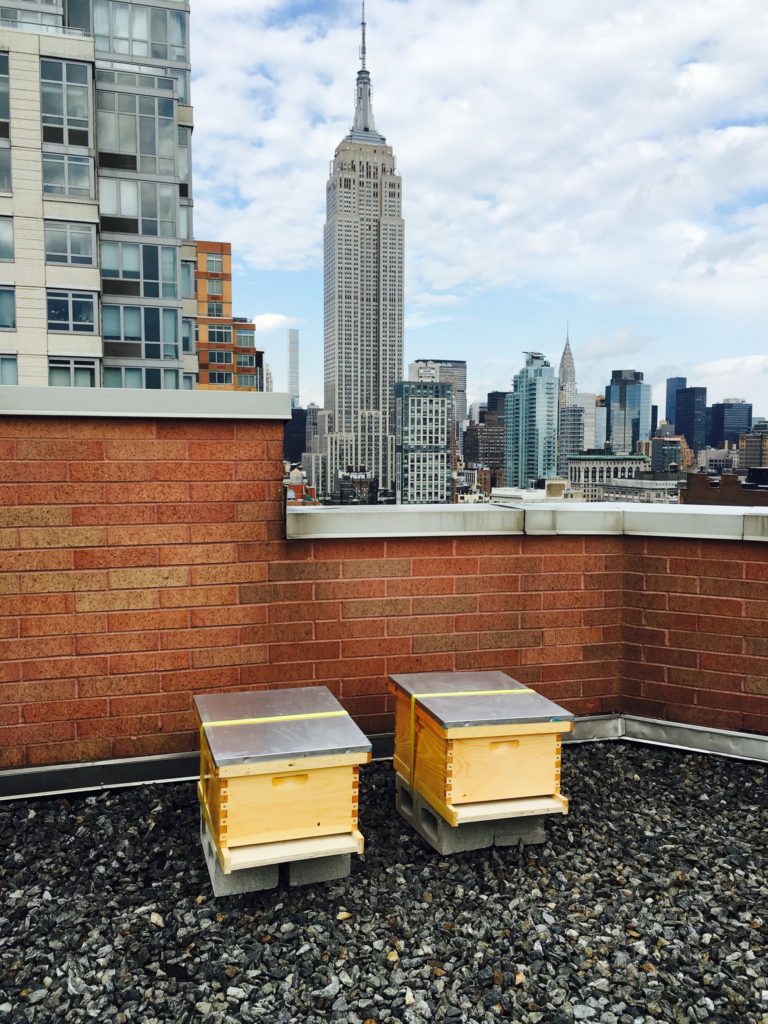
1. Share your honey
Because everyone loves honey—you can taste the goodness of nature in every drop—it’s a great gift to thank guests, residents, or customers for their patronage. To make your honey truly special, hold a contest to name it, and then hire designers to brand your labels and packaging. Along with each jar, include a card explaining your commitment to sustainability and how your bees are helping to create a healthy environment.
2. Plant a pollinator garden
A year-round pollinator garden on your building’s grounds or roof will be beautiful to look at, and a great source of nourishment for you and your bees. If there’s a nearby traffic island or unused space in a park, work with a local garden club to plant a pollinator garden that the public can see. Let the local press know what you’re doing—they’re always on the look-out for positive stories, and bees make great copy. Your bees and your community will love it.
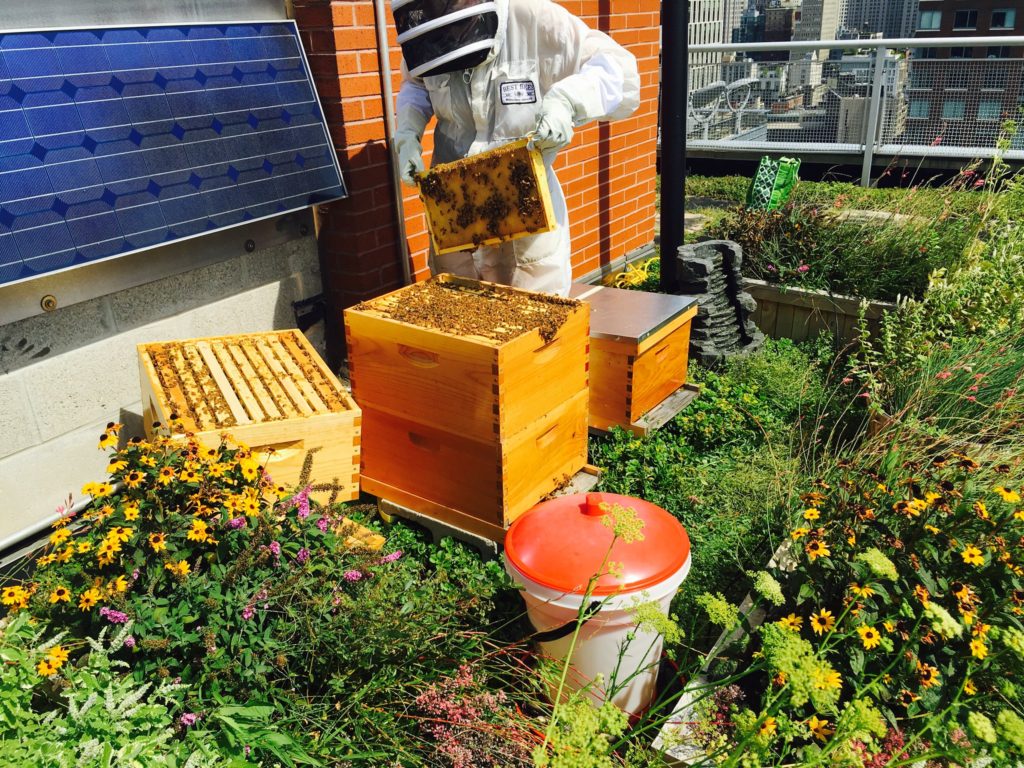
3. Show off your apiary
Don’t be shy about your beehives—people are fascinated by them. If you offer tours for residents, guests, and neighbors, you can use the tours to educate them about bees and how beekeeping fits into a larger corporate commitment to sustainability. Our bees are Italian Honeybees, the most docile and friendly kind, making the experience safe and stress-free. We can provide you with an empty beehive and used frames to demonstrate how bees live, make and store honey.
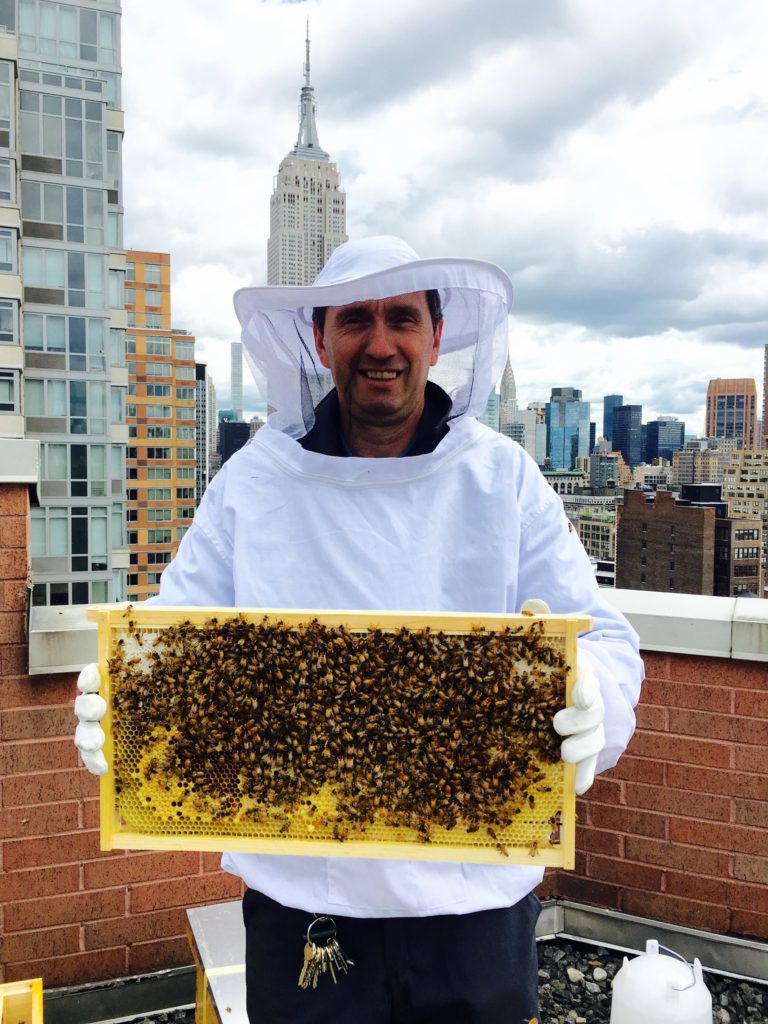
4. Get kids involved
Bees are a great way to teach kids about nature and the role they play in our food system and environment. You can sponsor a beekeeper’s visit to a nearby school, and then invite classes to visit your hives. If the school is interested, consider supporting a beehive and pollinator garden at the school—the kids can follow the progress of bees throughout the season, ask the beekeepers lots of questions during each visit, and taste samples of their very own honey!
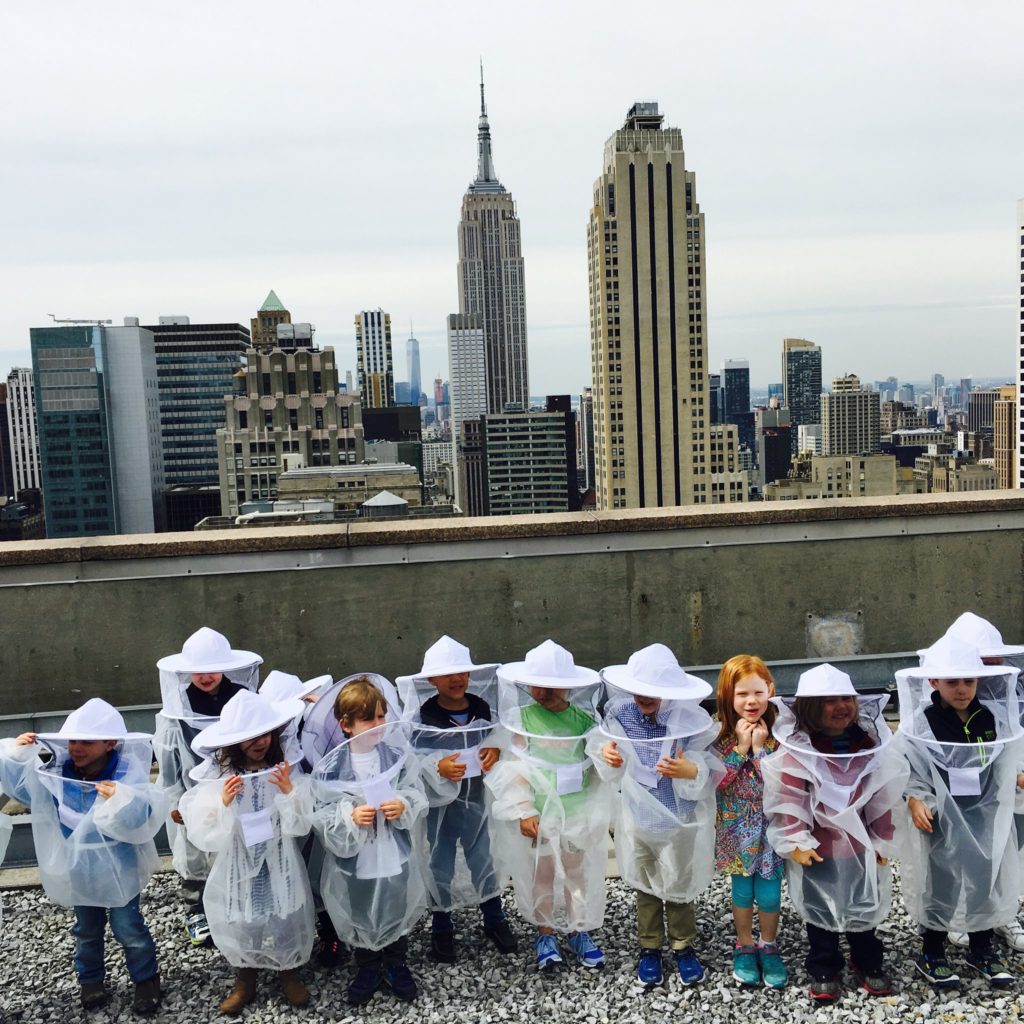
5. Host a spring event
Celebrate the season with a reception for residents, guests, customers—ideally on April 22nd, which is Earth Day. To underscore your commitment to sustainability, work with a restaurant or caterer who specializes in locally sourced food, asking them to use your honey in the food and beverages they’ll serve. If you want to make it a community event, invite local leaders, merchants, and neighbors. Be sure to send everyone home with a goody bag that includes hive-derived treats, a booklet with recipes for the honey-infused cocktails and snacks you served, and a list of the ways you’re helping the environment.


